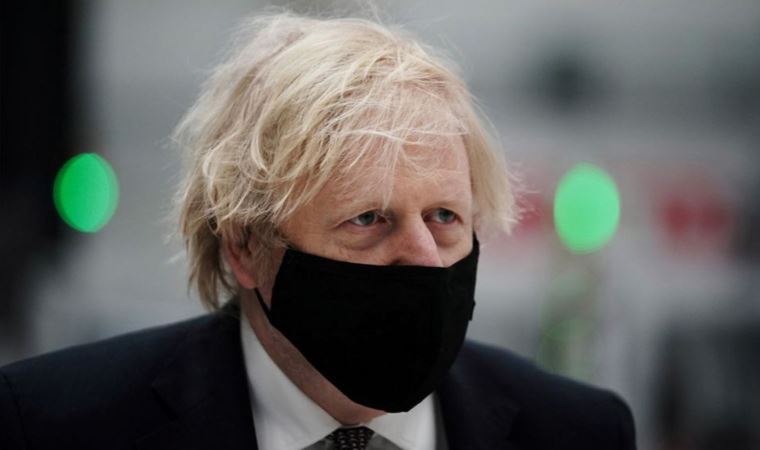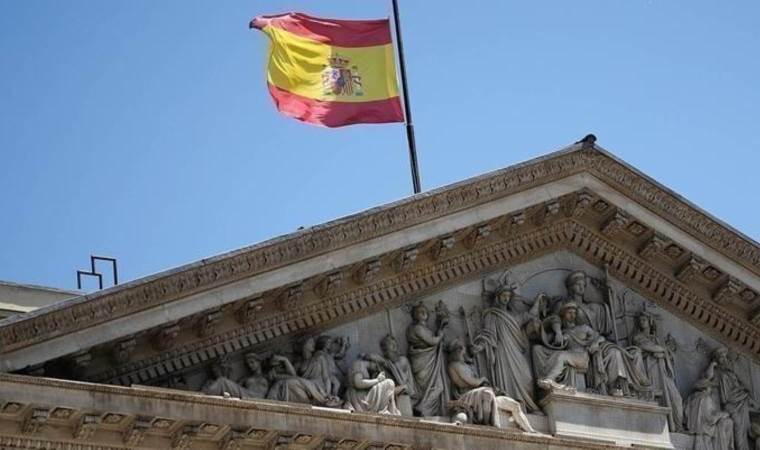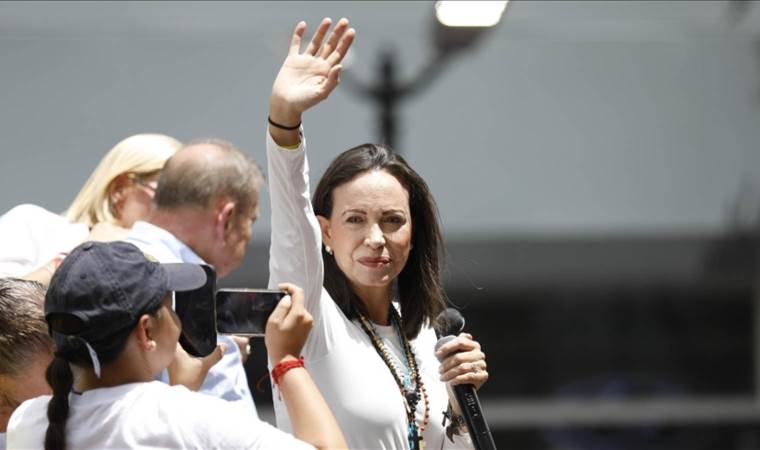Boris Johnson scraps remaining COVID restrictions in England
British Prime Minister Boris Johnson has announced that he is scrapping the last domestic coronavirus restrictions in England, including the requirement for people with COVID-19 to self-isolate

According to ABC News, Johnson told lawmakers in the House of Commons that the country was “moving from government restrictions to personal responsibility” as part of a plan for treating COVID-19 like other transmissible illnesses such as flu.
He said it marked an end to “two of the darkest, grimmest years in our peacetime history.”
“Today is not the day we can declare victory over COVID, because this virus is not going away,” Johnson said at a televised news conference. “But it is the day when all the efforts of the last two years finally enabled us to protect ourselves whilst restoring our liberties in full.”
Johnson confirmed that mandatory self-isolation for people with COVID-19 will end starting Thursday and the routine tracing of infected people’s contacts will stop. People will still be advised to stay home if they are sick, but will no longer get extra financial support.
IN EUROPE ONLY IN ENGLAND
Monday’s announcement applies only to England, which is home to 56 million of the U.K.’s 67 million people. It leaves England with fewer restrictions than most other European countries, with the exception of Denmark.
Many people in England who think they have COVID-19 may now never know for sure. Starting April 1, lab-confirmed PCR tests for the virus will be available free only to older people and the immune-compromised. The government will also stop offering the public free rapid virus tests, though they will be available for purchase.
Yet the government stressed that the pandemic isn't over and the virus could still spring nasty surprises. Johnson said scientists were “certain there will be new variants and it is very possible they will be worse than omicron,” the currently dominant strain.
The government plan foresees keeping the virus in check with vaccines and treatments. Everyone 75 and older will be offered a fourth vaccine dose, along with those 12 and up who have conditions that make them vulnerable to severe disease.
'A RISKY MOVE'
Some scientists said removing all restrictions was a risky move that could bring a surge in infections and weaken the country’s defenses against more virulent future strains.
The government insisted it would retain a strong surveillance system, including the Infection Survey conducted by the Office for National Statistics, which is considered invaluable because it tests people whether or not they have symptoms. It said it also will keep the ability to ramp up testing if needed.
Chris Whitty, the chief medical officer for England, said prevalence of the virus was still “very high” and urged people to continue to self-isolate if they had COVID-19.
"People should still, if they have COVID, try to prevent other people getting it, and that means self-isolating,” he said.
The leader of the opposition Labour Party, Keir Starmer, said the government's “half-baked” approach would leave Britain vulnerable.
“’Ignorance is bliss’ is not a responsible approach to a deadly virus," Starmer said.
Johnson’s Conservative government lifted most virus restrictions in January, scrapping vaccine passports for venues and ending mask mandates in most settings apart from hospitals in England. Scotland, Wales and Northern Ireland, which set their own public health rules, also have opened up, although more slowly.
Most Read News
-
 Sanctioned tankers leave Venezuela as US tightens oil bl
Sanctioned tankers leave Venezuela as US tightens oil bl
-
 Spain says Venezuela’s natural resources belong to its p
Spain says Venezuela’s natural resources belong to its p
-
 US officials say raid to capture Venezuela’s Maduro left
US officials say raid to capture Venezuela’s Maduro left
-
 Venezuela opposition leader Machado pushes leadership cl
Venezuela opposition leader Machado pushes leadership cl
-
 Israel issues tender to build over 3,400 settler homes i
Israel issues tender to build over 3,400 settler homes i
-
 NATO chief welcomes progress on securing 'end to Ukraine
NATO chief welcomes progress on securing 'end to Ukraine
-
 US demand for exclusive oil partnership with Venezuela a
US demand for exclusive oil partnership with Venezuela a
-
 US forces attempt to board Russian-flagged oil tanker in
US forces attempt to board Russian-flagged oil tanker in








